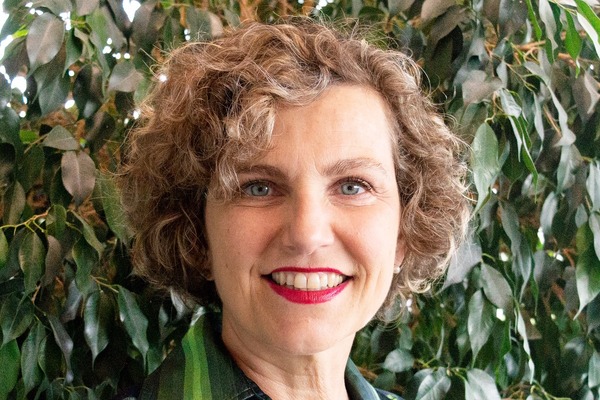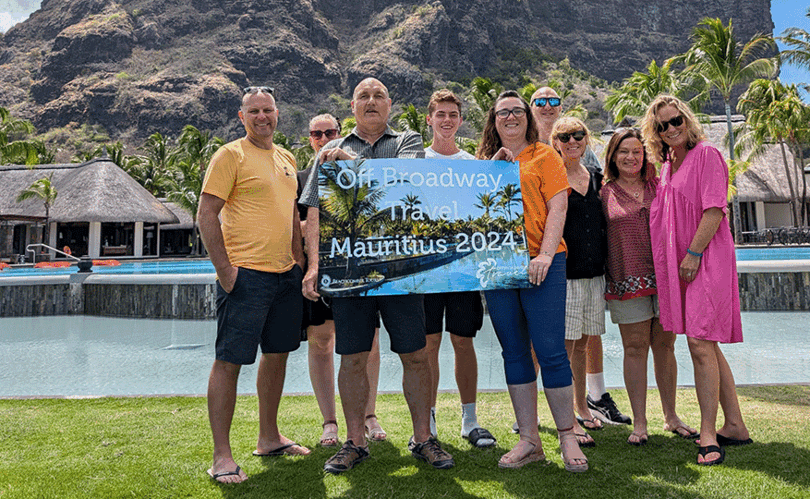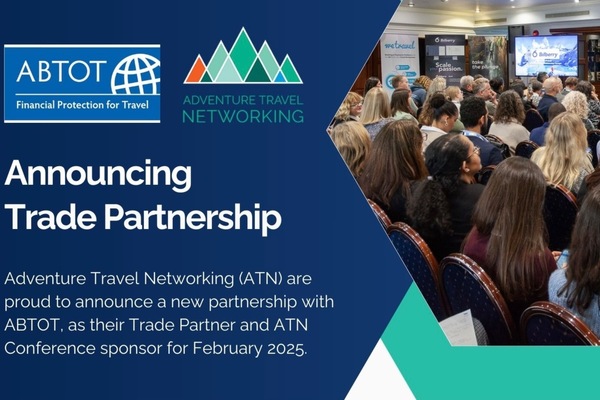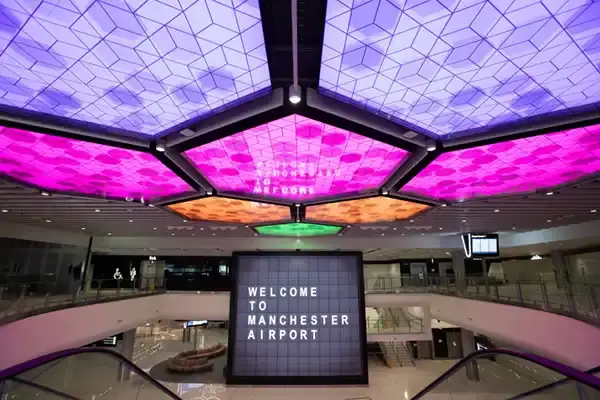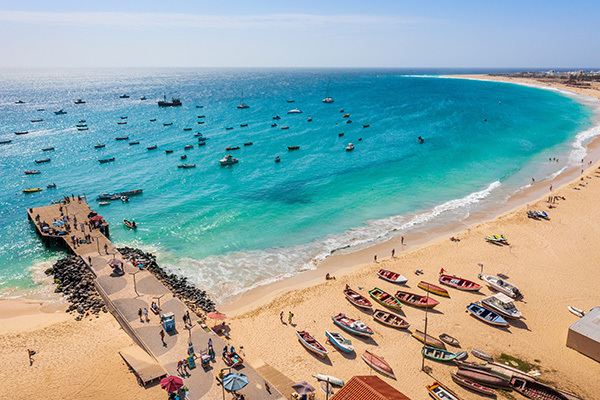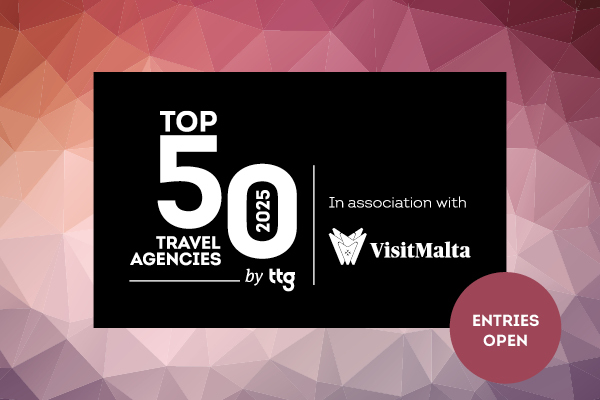'Male allyship is critical in creating a more level playing field in the workplace'
 Alessandra Alonso
Alessandra AlonsoUS media outlet Forbes recently ran a thought leadership piece arguing against the concept of male allyship, stating that it perpetuates "the idea that women need saving by men" and infers "women require men to lift them up, as if women cannot achieve success on their own merits".

As a long-standing gender inclusion champion and someone who spearheaded a pioneering male allyship network in the UK travel and tourism industry, I disagree with the position in the article on a number of counts.
The workplace is still very male dominated – this is true in most industries, particularly at the top. In 2024, women represented only 10% of Fortune 500 and 11% of FTSE100 chief executives.
In the travel industry specifically, the top 10 most highly paid chiefs in the US in 2023 consisted entirely of men, and I am sure the landscape is not too dissimilar in the UK.
Overall, the percentage of women in management positions sits at around the 30% mark, but this can be a lot lower for women of colour, women from LGBTQ+ groups and women in the STEM sector.
This is where situational power comes in, and where male allies matter the most. In this context, men have influence, visibility, engagement and can role model allyship in a very transparent and impactful way. They can, of course, also do the opposite and create a shockingly toxic culture.
Let me be clear; a male allyship programme doesn’t preclude the need and value for women to be allies to each other. Women can, should and do uplift each other – my own career has been supported and encouraged by brilliant advice from brilliant women.
But when we set out to create the male allyship programme in 2021, it was because we saw a need for men to become more actively and specifically involved in fostering more inclusion.
We wanted to address two questions. Firstly, why is it that so many men in leadership positions shy away from the DEI conversation? And secondly, what can we do to change the widespread perception that their input is not welcome?
When we invited a group of senior leaders from across the international travel tourism and hospitality industry to take part in the discussion, we were delighted the response was overwhelmingly positive.
Most were conscious of the positive impact they can have and wanted to exercise that opportunity. Our programme was born.
’Different perspectives’
One of the biggest takeaways over the past three years, and what the Forbes article fails to acknowledge, is the reverse mentoring that comes with male allyship, and the huge impact that has.
As the male ally engages more in the programme, it is he who actively seeks to learn and understand more about the woman or mentee.
This led to feedback like this: “[The programme] gave me chance to reflect on ways to listen and support rather than just problem solve. It made me recognise how tough it is for solo entrepreneurs and single mothers. It also reminded me how passion, creativity and innovative thinking drive change and opportunity.”
And this: “[Through the programme] I have gained a totally different perspective on the sector and on business. I can now go back to the female colleagues in my team and ask much better questions.”
So, for us, the concept of male allyship is not only positive, but critical to supporting a more level playing field in the workplace.
Ultimately, we all have a responsibility to act as allies, but for those in positions of power and trust, it is even more important to recognise that their impact can make all the difference.
Alessandra Alonso is founder and managing director of Women in Travel CIC.
Sign up for weekday travel news and analysis straight to your inbox

Alessandra Alonso
Supplier Directory
Find contacts for 260+ travel suppliers. Type name, company or destination.

